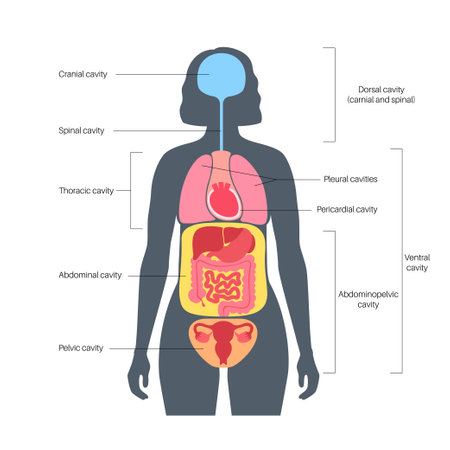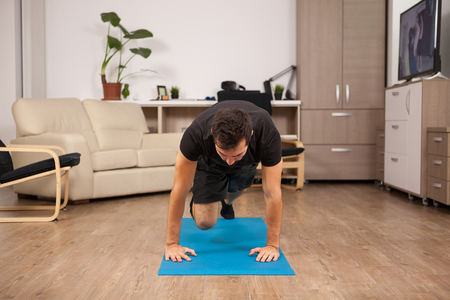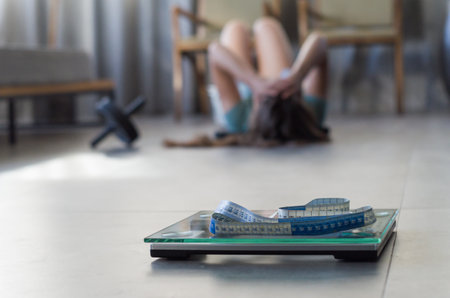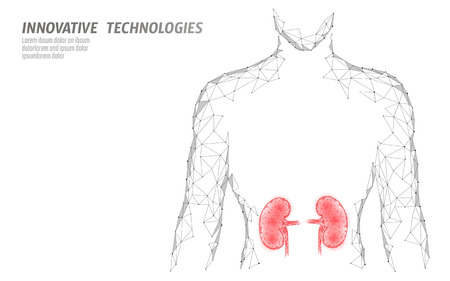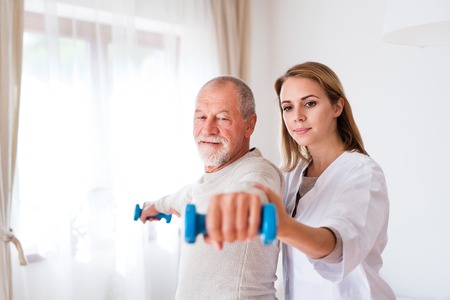Nutrition and Hydration: Their Influence on Fall Risks in British Seniors
Introduction to Fall Risks in Older BritonsFalls among older adults represent a significant health concern across the United Kingdom, affecting not only individual wellbeing but also placing considerable pressure on families and the NHS. Statistics reveal that one in three people over the age of 65 will experience at least one fall each year, with…
